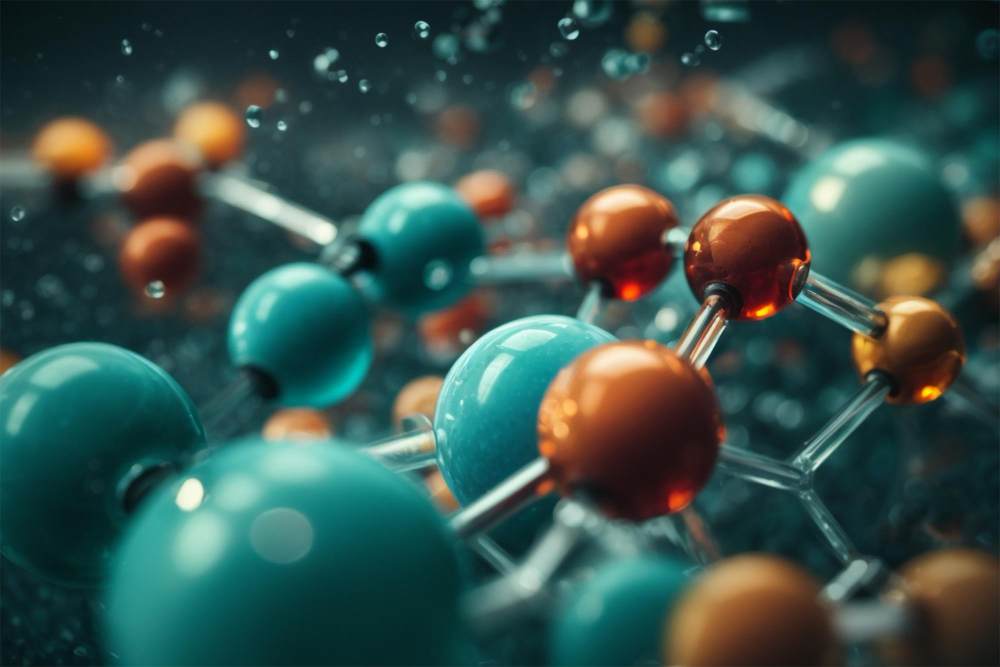Macromolecules are essential components of the human diet, providing the building blocks and energy necessary for various physiological functions. Among these macromolecules, one stands out as the primary source of energy for daily activities: carbohydrates. Let’s delve into the fascinating world of macromolecules and uncover why carbohydrates reign supreme as the ultimate fuel for the human body.
Carbohydrates
Carbohydrates, including sugars, starches, and fiber, are macromolecules composed of carbon, hydrogen, and oxygen atoms. They serve as the primary source of energy for the body, fueling cellular activities, metabolism, and physical exertion. When consumed, carbohydrates are broken down into glucose, a simple sugar that enters the bloodstream and is transported to cells throughout the body. Glucose is then utilized by cells to produce adenosine triphosphate (ATP), the energy currency of the body, powering essential processes such as muscle contraction, nerve signaling, and cellular respiration.
Glucose Metabolism
Once glucose enters the bloodstream, it undergoes a series of metabolic processes to generate ATP and meet the body’s energy demands. In aerobic metabolism, glucose is metabolized through glycolysis, the Krebs cycle, and oxidative phosphorylation, occurring primarily in the mitochondria of cells. This complex process yields a substantial amount of ATP, providing the energy necessary for sustained physical activity, endurance, and metabolic function. Carbohydrates also play a vital role in anaerobic metabolism, providing rapid energy for short bursts of intense activity, such as sprinting or weightlifting.
Glycogen
In addition to immediate energy production, carbohydrates contribute to the formation of glycogen, a storage form of glucose found in the liver and muscles. Glycogen serves as a readily accessible source of energy, particularly during times of fasting, exercise, or low blood sugar levels. When energy demands are high, glycogen is broken down into glucose and released into the bloodstream to maintain blood glucose levels and support metabolic needs. Athletes, in particular, rely on glycogen stores to sustain energy levels during prolonged physical exertion, such as marathon running or cycling.
Balancing Act
While carbohydrates are essential for energy production and metabolic function, it’s important to strike a balance in carbohydrate intake to support overall health and well-being. Consuming too many refined carbohydrates, such as sugary snacks, desserts, and processed foods, can lead to fluctuations in blood sugar levels, weight gain, and increased risk of chronic diseases such as diabetes and heart disease. On the other hand, inadequate carbohydrate intake can result in fatigue, lethargy, and impaired physical performance.
The Role of Protein and Fat
While carbohydrates are the primary source of energy for the body, proteins and fats also play crucial roles in energy metabolism and overall health. Proteins are essential for tissue repair, muscle growth, and enzyme function, while fats provide a concentrated source of energy, insulation, and hormone production. In times of prolonged fasting or low carbohydrate intake, the body can utilize protein and fat stores for energy production through processes such as gluconeogenesis and ketogenesis.
Harnessing the Power of Carbohydrates
In conclusion, carbohydrates stand as the powerhouse of energy, providing the majority of the fuel needed for daily activities, exercise, and metabolic function. Through the intricate process of glucose metabolism, carbohydrates supply the body with ATP, the essential energy currency that drives cellular processes and sustains life. While proteins and fats also contribute to energy metabolism and overall health, carbohydrates reign supreme as the body’s preferred fuel source, offering a readily available and efficient source of energy for optimal performance and vitality. By incorporating a balanced diet rich in complex carbohydrates, whole grains, fruits, and vegetables, individuals can harness the power of carbohydrates to fuel their active lifestyles and support overall health and well-being.
